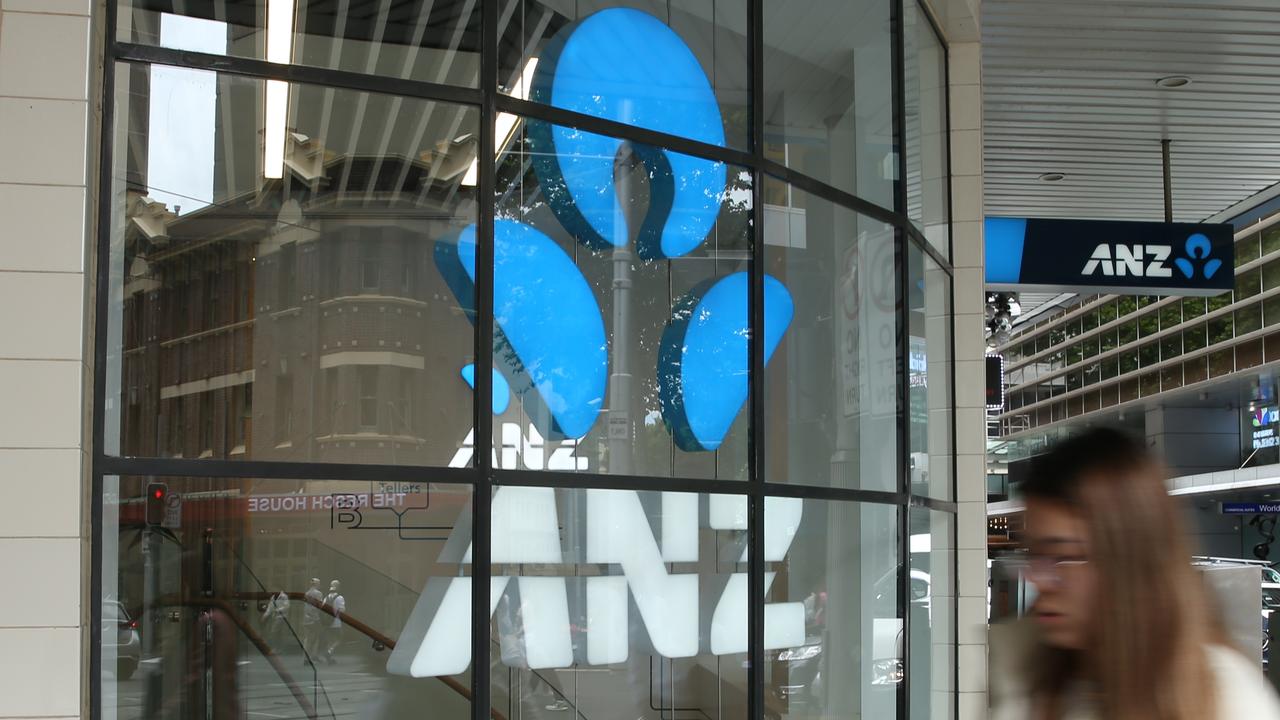Firms rush to draw down debt ahead as uncertainty grows
Indebted companies facing a cash flow squeeze have been warned to “act now before your financing options narrow”.
Indebted companies facing a cash flow squeeze have been told to “act now before your financing options narrow”.
The warning comes from Baker & McKenzie restructuring partner David Walter, as Australian firms rush to draw down debt “before things become more uncertain”.
Mr Walter said the markets for new equity raisings, debt capital market issuances, and US private placements for Australian companies are “largely closed” and there seemed “little to no appetite to raise equity or debt under current market conditions”.
“Underwriters are not in a position to underwrite a capital raising with any sort of timetable that stretches out more than a few days,” he said.
Banks would also be less reluctant to use “material adverse effect” clauses on existing debt facility contracts to prevent access to funding if the situation worsens, rather than tip a company into default.
In an update from the global consultancy’s Sydney restructuring team overnight, Mr Walter said there were a number of different routes being taken by Australian organisations to maintain liquidity during the coronavirus pandemic.
“We are seeing different liquidity approaches from Australian corporates: some are deferring borrowing and debt issuance decisions, others are drawing down undrawn term and revolving credit facilities and going to market to source as much debt as they can before things become more uncertain,” Mr Walter said.
“For those companies looking to have as much liquidity available as possible to get them through this crisis, we recommend that you act now before your financing options narrow,” he said.
“COVID-19 is rapidly evolving in Australia and the impact to businesses locally is profound.”
“The revenue impacts of this crisis may well imperil cashflow solvency for some otherwise solid businesses. Australian “insolvent trading” laws applicable to directors are relatively onerous (compared to other jurisdictions), and perhaps do not assist during this difficult period,” he said.
A number of ASX groups have in recent days scrapped plans for capital spending and investment as balance sheets are stretched amid a breakdown in the global economy.
Credit markets have also been swept up in a wave of panic selling as investors dump high-yield corporate debt in junk bond markets out of a fear of a wave of company defaults.
Leveraged companies in the hospitality, education, tourism, retail and aged-care industries are already rushing to restructure borrowings in the face of an unprecedented cashflow squeeze.
The fears of a crunch in cash flow have left bond markets reeling at the same time high-yield energy sector debt is dumped amid a 30 per cent crash in the oil price last week out of fear that risky borrowers will default on their liabilities.




To join the conversation, please log in. Don't have an account? Register
Join the conversation, you are commenting as Logout